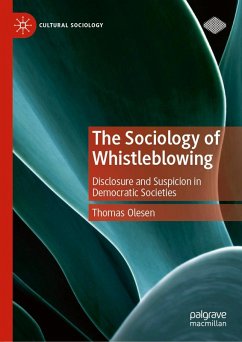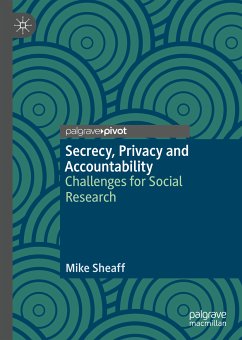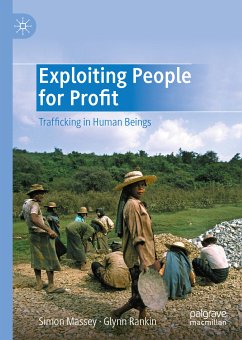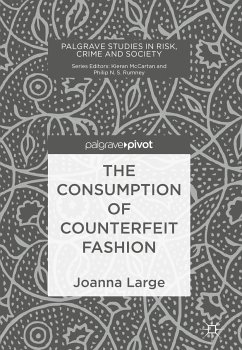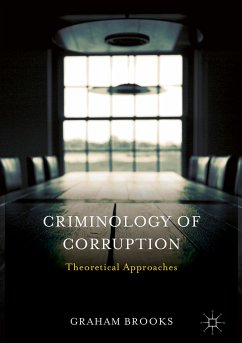
Criminology of Corruption (eBook, PDF)
Theoretical Approaches
Versandkostenfrei!
Sofort per Download lieferbar
80,95 €
inkl. MwSt.
Weitere Ausgaben:

PAYBACK Punkte
40 °P sammeln!
This book uniquely applies theoretical approaches from criminology and sociology to the problem of corruption. Theoretical thoughts have future consequences on how we treat, punish and deter and corruption policy illustrates that theoretical approaches affect what laws and techniques are implemented. Theoretical approaches, however, are not developed in a social and political vacuum; they are a part of the changing social world and understanding why corruption occurs is a preface to developing strategies to control and prevent it. Criminology of Corruption analyses corruption on an internatio...
This book uniquely applies theoretical approaches from criminology and sociology to the problem of corruption. Theoretical thoughts have future consequences on how we treat, punish and deter and corruption policy illustrates that theoretical approaches affect what laws and techniques are implemented. Theoretical approaches, however, are not developed in a social and political vacuum; they are a part of the changing social world and understanding why corruption occurs is a preface to developing strategies to control and prevent it.
Dieser Download kann aus rechtlichen Gründen nur mit Rechnungsadresse in A, B, BG, CY, CZ, D, DK, EW, E, FIN, F, GR, HR, H, IRL, I, LT, L, LR, M, NL, PL, P, R, S, SLO, SK ausgeliefert werden.




